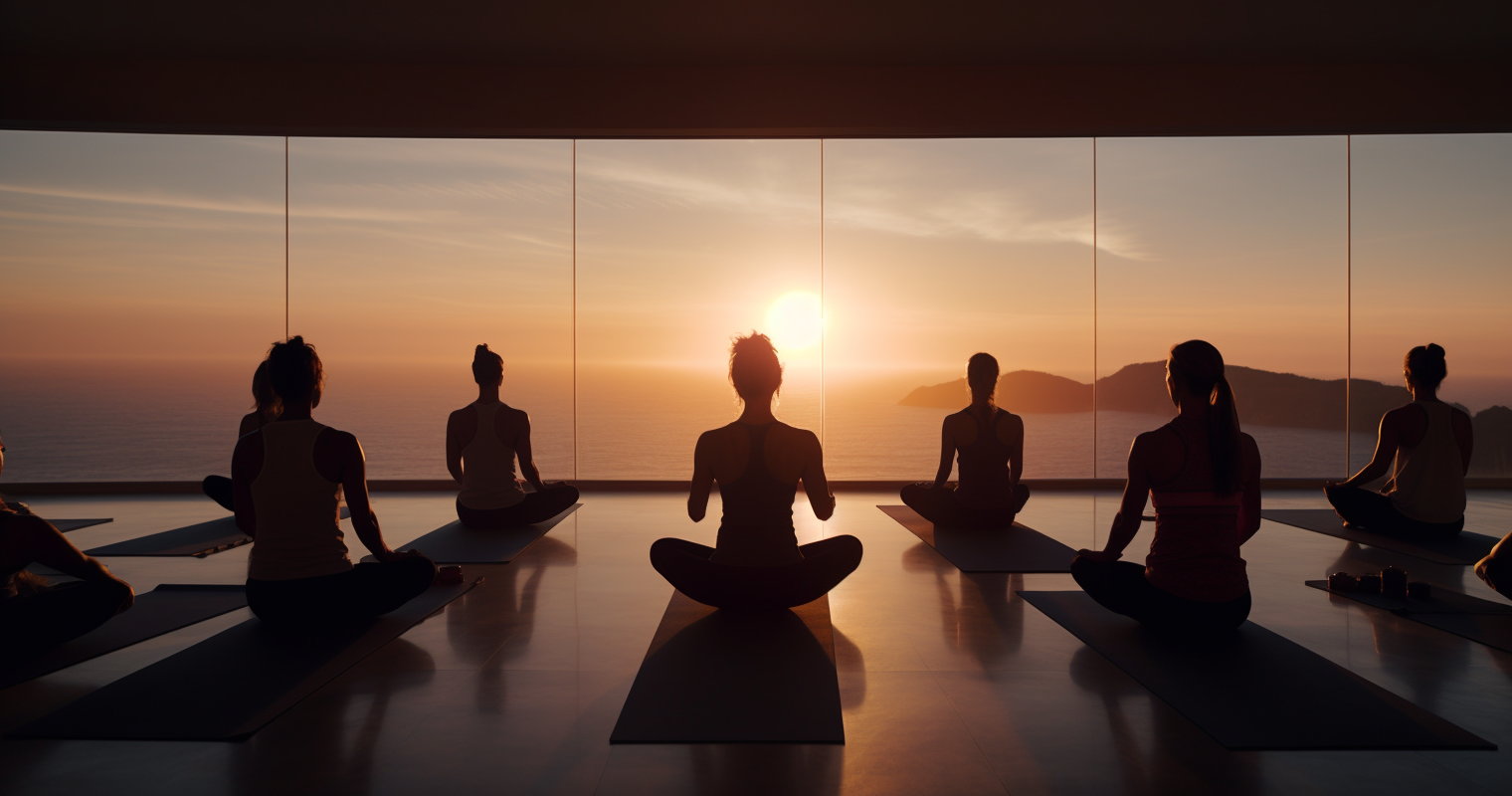Overview of Complementary and Alternative Medicine in Iceland
Complementary and Alternative Medicine (CAM) is gaining popularity in Iceland as people seek natural and holistic approaches to healthcare. CAM in Iceland includes a range of practices and therapies, such as acupuncture, homeopathy, and naturopathy, among others.
Acupuncture in Iceland
Acupuncture is a form of CAM that involves the insertion of thin needles into specific points on the body to stimulate the flow of energy and promote healing. In Iceland, acupuncture is becoming increasingly popular and is often covered by insurance.
One organization that supports acupuncture in Iceland is the Icelandic Acupuncture Association (IAA). The IAA is a professional organization that was founded in 1994 and works to promote the practice of acupuncture in Iceland. They provide training and support to acupuncturists and advocate for the recognition of acupuncture as a legitimate form of healthcare.
Homeopathy in Iceland
Homeopathy is a form of CAM that uses highly diluted substances to stimulate the body’s natural healing abilities. In Iceland, homeopathy is becoming increasingly popular and is often prescribed by conventional medical doctors.
One organization that supports homeopathy in Iceland is the Icelandic Homeopathic Association (IHA). The IHA is a professional organization that was founded in 1998 and works to promote the practice of homeopathy in Iceland. They provide training and support to homeopaths and advocate for the recognition of homeopathy as a legitimate form of healthcare.
Naturopathy in Iceland
Naturopathy is a form of CAM that uses natural remedies, such as herbs and dietary supplements, to promote healing and prevent illness. In Iceland, naturopathy is becoming increasingly popular and is often used in conjunction with conventional medical treatments.
One organization that supports naturopathy in Iceland is the Icelandic Association of Naturopaths (IAN). The IAN is a professional organization that was founded in 1998 and works to promote the practice of naturopathy in Iceland. They provide training and support to naturopaths and advocate for the recognition of naturopathy as a legitimate form of healthcare.
Regulation of CAM in Iceland
In Iceland, CAM is regulated by the Ministry of Welfare. The Ministry of Welfare is responsible for setting standards for the practice of CAM and ensuring that practitioners are properly trained and licensed.
To practice CAM in Iceland, practitioners must be licensed by the Ministry of Welfare. The licensing process involves demonstrating competency in their chosen form of CAM, as well as meeting other requirements, such as continuing education and adherence to ethical standards.
Challenges Facing CAM in Iceland
Despite the growing popularity of CAM in Iceland, there are several challenges facing the practice of CAM in the country. One of the main challenges is the lack of integration with conventional medicine. While some healthcare providers may refer patients to CAM practitioners, there is still a lack of collaboration between CAM and conventional medicine.
Additionally, there is a lack of scientific evidence to support the efficacy of some CAM practices. This can make it difficult for patients and healthcare providers to determine which CAM therapies are effective and safe.
Complementary and Alternative Medicine (CAM) is gaining popularity in Iceland as people seek natural and holistic approaches to healthcare. Acupuncture, homeopathy, and naturopathy are all popular forms of CAM practiced in the country.
Despite the challenges facing CAM in Iceland, such as the lack of integration with conventional medicine and the lack of scientific evidence to support the efficacy of some CAM practices, CAM continues to play an important role in the healthcare system of the country. Organizations such as the Icelandic Acupuncture Association, the Icelandic Homeopathic Association, and the Icelandic Association of Naturopaths are working to promote and regulate the practice of CAM in Iceland, providing training and support to practitioners, and advocating for the recognition of CAM as a legitimate form of healthcare. The Ministry of Welfare is also working to regulate and standardize the practice of CAM in the country, ensuring that patients have access to safe and effective CAM therapies.
It is important for patients to work closely with their healthcare providers to determine the best course of treatment for their individual needs, whether that involves conventional medicine, CAM, or a combination of both. Patients should also ensure that any CAM practitioner they work with is properly licensed and trained to provide the therapies they offer. By taking these steps, patients can access safe and effective healthcare options that support their overall well-being.

